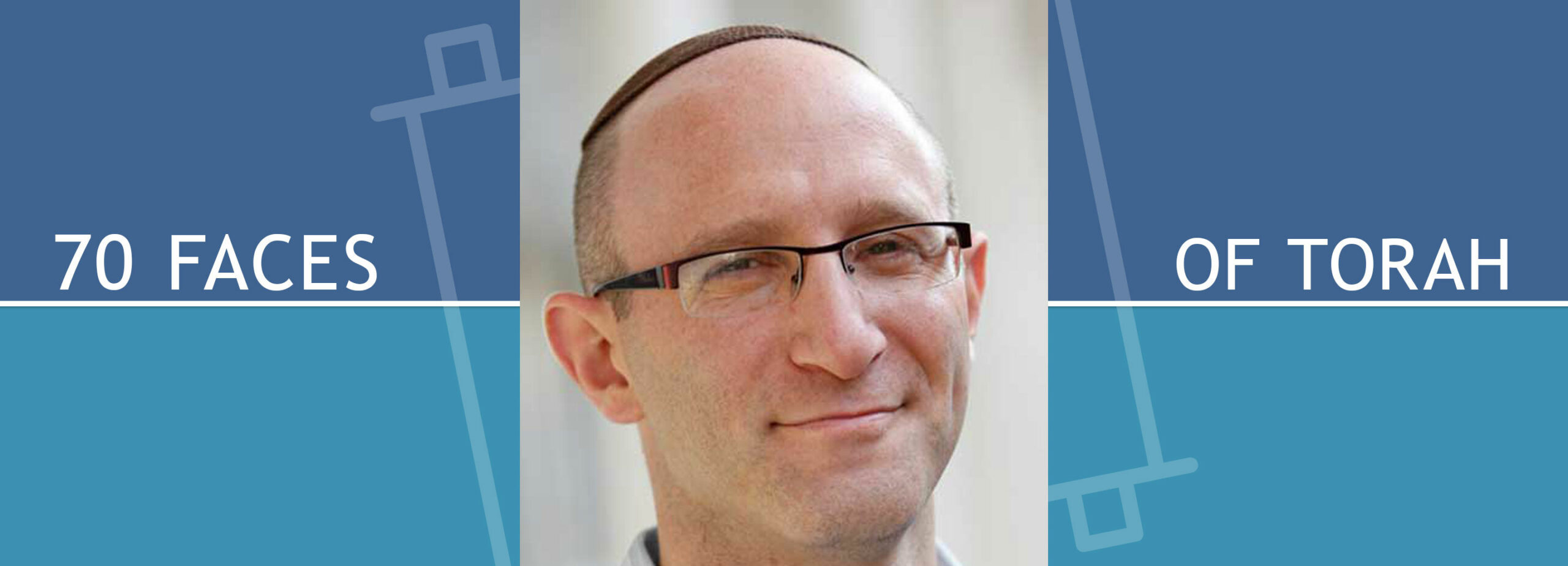Leviticus Commemorating and Participating in Shavuot

Parashat Bechukotai (Leviticus 26:3-27:34)
From its earliest understanding, the revelation of Torah, which we celebrate next week with the holiday of Shavuot, warps time:
God made a covenant with you at Horeb (another name for Sinai). It was not with your ancestors that God made this covenant, but with us – those of us who are still alive here today. (Deuteronomy 5:2-3).
With these temporally disorienting words to the Israelites, 40 years after the revelation at Sinai, Moses inspires a wonderfully confusing question about how to relate to and celebrate the giving of Torah. We might have thought it was an event in the past that we are duty bound to commemorate; but instead, Moses invites us into mythic time, in which the past becomes available in the present, and we are asked to adopt a posture of participation.
As we prepare to stand before the mountain again and receive Torah, this week’s parasha, Bechukotai, subtly, yet powerfully, illuminates and reinforces this message.
The parasha opens with the Israelites learning about the blessings they will receive for following and acting according to God and the curses that will befall them should they fail to do so. As the section concludes, the Israelites learn that after their calamitous, generations-long rejection of God and concomitant curses, as the people repent and return to God, God will “remember My covenant with Jacob as well as My covenant with Isaac and My covenant with Abraham” (Leviticus 26:42). Though the reunion is a relief, the phrasing of God’s remembering is exceedingly odd and anomalous. Normally, the patriarchs are referred to in chronological order beginning with Abraham, which aligns with and reinforces a general Biblical and Jewish understanding of the importance of honoring and linking our lives to those who came before us. It stands to reason that in a moment of re-establishing the Divine-human relationship, the Torah would prioritize the ancestral authority and tradition. Why would the Torah reverse the order at this moment of reconciliation?
Because, it seems, the sickness at the heart of the people that leads to an abandonment of God’s ways is not that they strayed from the practices of their ancestors. In fact, the opposite may well have been the case. The people continue to offer sacrifices to God even during the time of curses, but God “will not smell the pleasing fragrances [of your sacrifices]” (Leviticus 26:31). The people do not abandon the practices of their ancestors, but the rituals do not serve their function – to bring them close to and into relationship with God. The problem, as we are told repeatedly in the text, is the people “do not listen” to God and, more evocatively, they walk with God with “indifference” (For example, Leviticus 26:21, 24, 28). Which is to say, the Israelites are committing the sin of religious behavioralism – of performing religious acts with no concern for the purpose of the acts.
Their actions are reminiscent of the act of profaning God’s name that in the previous parasha is described through the Hebrew words ויקב (Leviticus 24:11) and ותחללו (Leviticus 22:32). As my colleague, Rabbi Jordan Schuster points out, these words carry with them the “connotations of perforation, puncturing, hollowing out.” When the performance of religious acts is severed from the intended purpose, to be with God, the relationship between humans and God is hollowed out and collapses.
But, as a teaching of the early rabbis suggests, the people are not motivated by malice towards God. The empty ritual behavioralism emerges from doubt – they have lost faith in the possibility of being in a meaningful relationship with God. Specifically, their ailment is what author Michael Chabon refers to in his novel Summerland as “belatedness,” the very common human condition of feeling like we have “shown up just as light and fire were fading from the sky.” Their problem is nostalgia – of thinking that the real relationship with God was in the past, and that it is not really possible for them to be in relationship with God in their lives.
For this reason, according to Leviticus Rabbah, an early rabbinic text, God’s assures the people when they repent that God will “remember My covenant with Jacob as well as My covenant with Isaac and My covenant with Abraham” (Leviticus 26:42). God will remember the covenant with the grandchild before the grandparent, “to teach that all three covenants are equal” (Leviticus Rabbah 36:1).
In a state of debilitating nostalgia, the people cannot take themselves seriously as spiritual beings, capable of carrying on the covenant and being in an ever-evolving, unfolding relationship with God. They need to be reminded of Jacob’s covenant before Abraham’s covenant, of the grandchild’s covenant before the grandparent’s covenant, to teach them that the latter is just as meaningful and worthy as the former – that they too can be in relationship with God.
To be a link in this chain of tradition demands more than a performance of the past. It requires doing and being, investing heart, mind and soul into the project of forming a relationship with God, a life of meaning. It asks that we commemorate the events at Sinai, but insists on something even more – our participation.
Rabbi Daniel Klein, Rab`10, MJEd`10, is Associate Dean for Admissions & Student Life at the Rabbinical School of Hebrew College in Newton Centre, MA.

